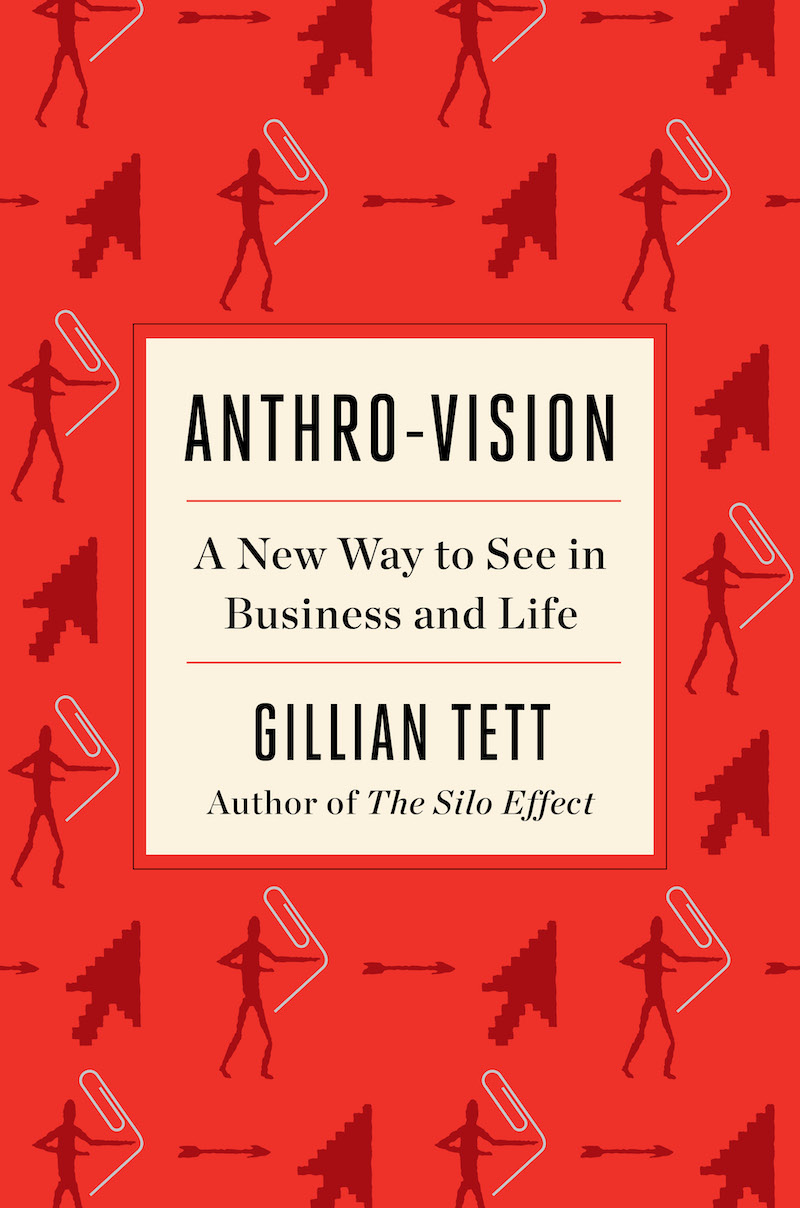
While the topic of depression is doing the rounds, let us look at how we can reverse the trend and make things positive. Here are some tips to harness positive energy in your life. Add more to this list if you can! Here we go.
- Be a positive person:
You. Yes, you are the most important energy creator in your house. So, if you are negative, or thinking or acting negatively then how can good energy flourish in your home? Think positive and act positive and be positive in life. Be the most positive person you know! - Have positive emotion and act with positivity:
- Play with kids
- Laugh quite often
- Be creative in your work
- Enjoy little things in your life
- Share your abundance with others
- Count your blessings
- Be in touch with your loved ones
- Learn to move on:
If you are still angry with someone then learn to move on and forgive them. Because it will release energy from your heart and you can dedicate this energy to do better things in life. Otherwise, part of the energy will always be stuck in the past incident that will always bring bitterness in your life. - Make money from the ethical sources:
If you make money by unethical means, then that money will never be able to give you mental peace. Sooner or later it will bring negativity in your life. Try to treat on sincere paths, ones that you are proud of. - Remove negative energy from home:
There are many things that you can do to remove the negative and blocked energy from home. For example, you can remove the trash from your home. Clean your home. Give away things that you might not need and other might love to take. Declutter your home, especially things that don’t bring in positive energy. - Bonus - Devote more time to your family:
Spend time with your family, talking, dining, cooking, cleaning, helping with homework, household chores, make tea… Do more things that bring you close to the family and help you relax, detox and have a fresh free mind.
A home where people love each other, share a good laugh, help each other in troubles, joys is a positive one. May you have a blessed home that oozes positive energy!
